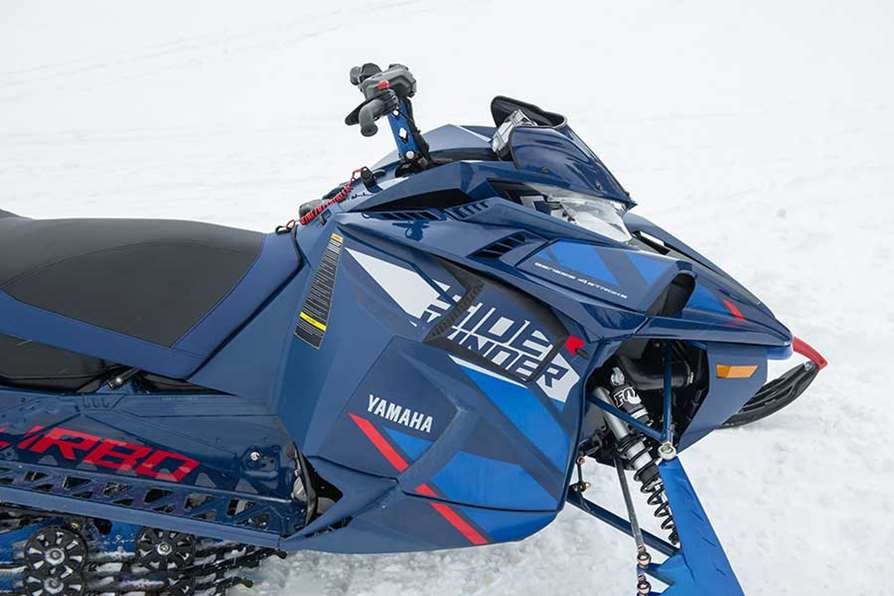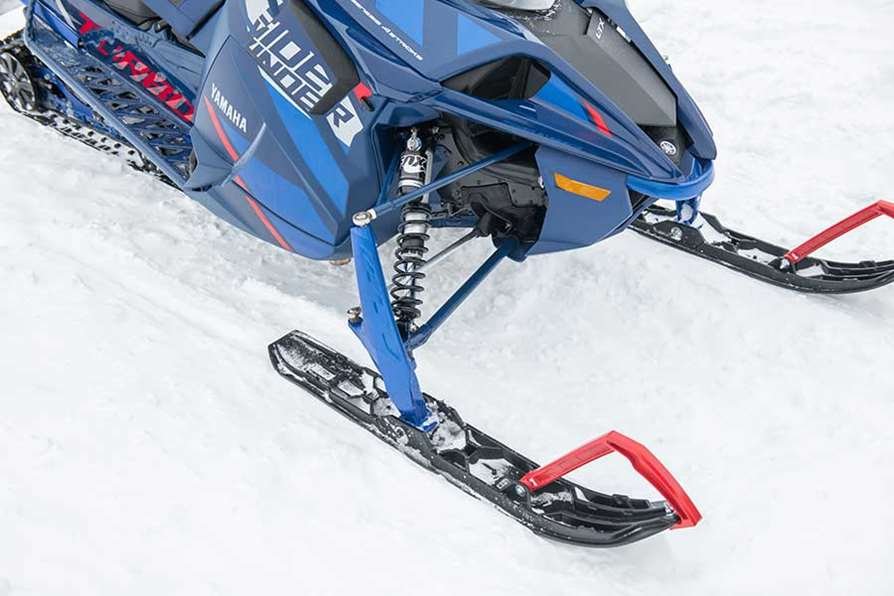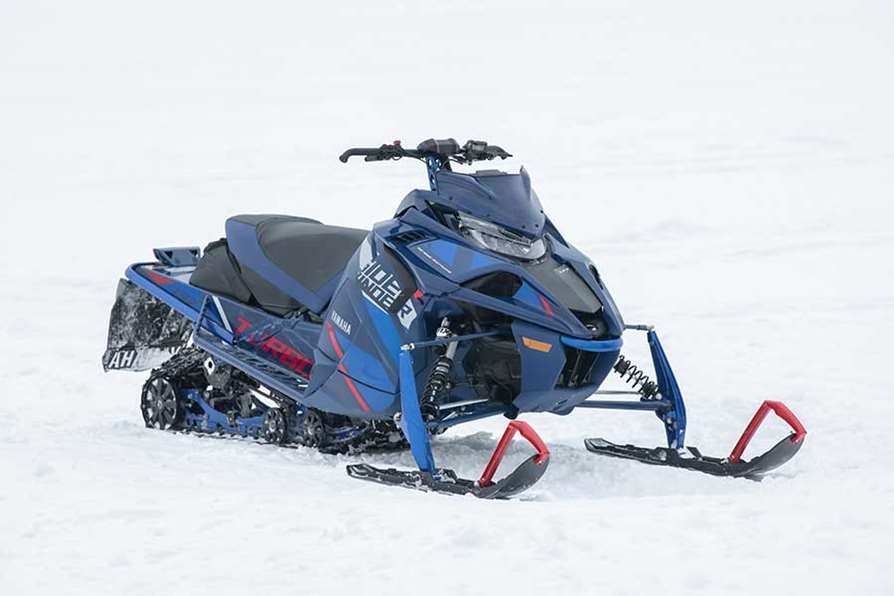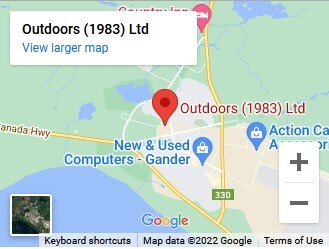The Sidewinder L-TX LE with EPS has the power and suspension to devour whatever the terrain throws at you. The addition of power steering enhances control, bolstering your confidence to ride deeper into corners while reducing the steering effort found in other muscle sleds to that of a lightweight fan. Premium Fox QS3 shocks up front keep you hooked up while the dual QS3 shock skid handles the bumps with authority. The wide ski stance is balanced by a 137-inch RipSaw II track for stable agility on the trail. This L-TX package represents the absolute best all-rounder in a top-performing Yamaha trail sled.




















